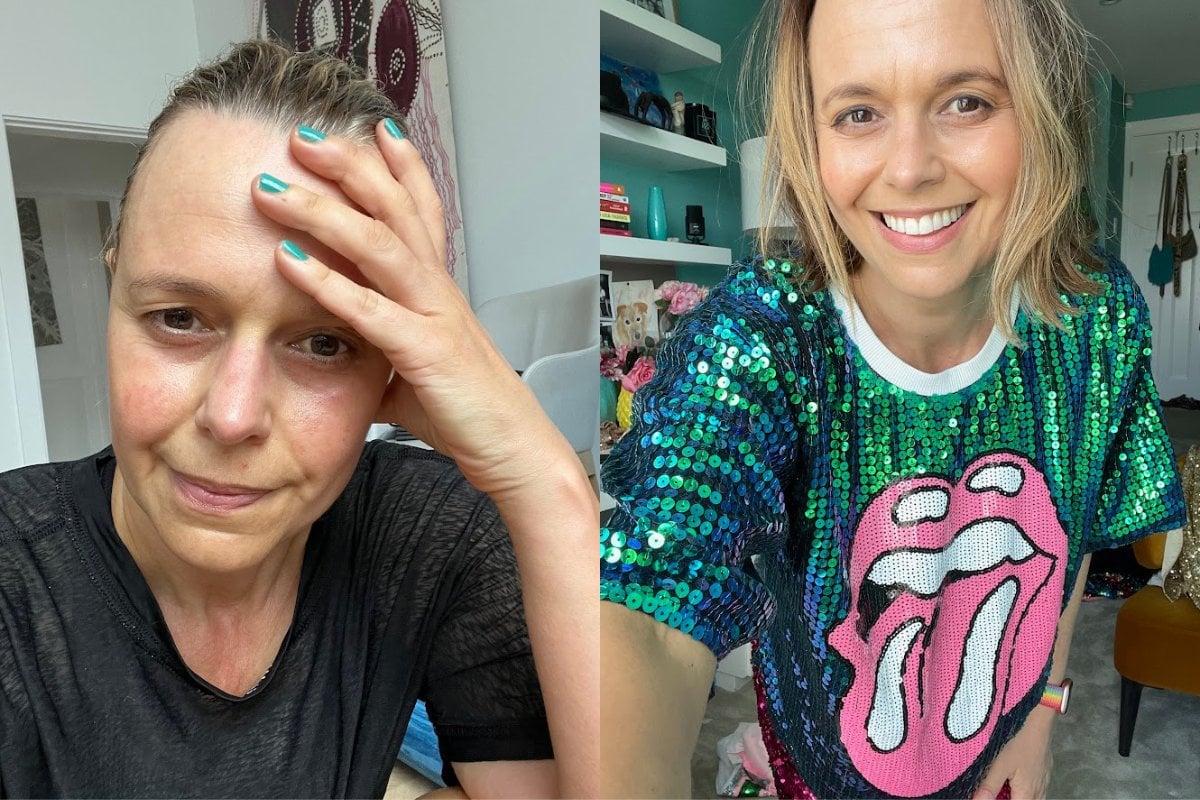
“I’m so fat and old,” wailed an old friend theatrically when I saw her for the first time in a while last week. She was joking but also she wasn’t. In the way women so quickly do in this life stage, we cut straight to the chase. My 52-year-old friend didn’t want to have sex with her husband or in fact anyone else, ever again. She could barely remember what it felt like to want sex and it had become strangely unimportant to her despite it once being a driving force in her life. No longer did she even care that she didn't want sex.
Because on the list of things about herself she no longer recognised, her non-existent sex life and forgotten sex drive were nowhere near the top.
It was a long list. “I always used to be skinny and now I’m so fat,” she said. “It’s not like I want to fit into skinny jeans but I just....I just don’t recognise my own body anymore.”
“Oh welcome,” I replied. “Obviously it’s peri. Are you taking HRT?”
Her face sagged with resignation and she waved her hand in front of her face dismissively. “No, I just have to wait until it passes.”
I hear this a lot. Women say it out loud and we say it to ourselves. Suck it up, sweetheart. It’s not that bad. Every woman goes through it.
I subscribed to this idea for a long time until my friend who is a doctor told me I was an idiot. “Why suffer when you don’t have to?” she said. She wasn't angry, she was just disappointed. And I'm glad she was because being a martyr doesn't suit me and I needed someone to snap me out of my resigned apathy.
This is the same friend who ‘gave me permission’ to stop breast feeding my second child after eight bouts of mastitis in seven months. When she gives me advice, I listen.


Top Comments